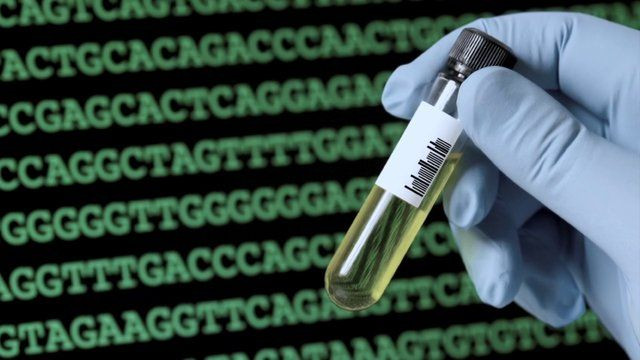Lack Of Genetic Testing In Families Leads To More Lethal Cancer Diagnoses

A new study by Pascal Pujol, Ph.D., and colleagues at Montpellier University Hospital indicates that the underuse of genetic testing may lead to unfavorable outcomes.
A predisposition to developing certain types of cancer can be confirmed by the presence of certain genes. For example, five percent of breast cancers are attributed to changes in the BRCA1 and BRCA2 genes. Pujol's team reported that a woman with a BRCA1/2 mutation has up to an 87 percent chance of having breast cancer before she reaches the age of 80, compared to eight percent in the general population.
For these reasons, BRCA1/2 genetic tests are performed rather routinely. The Centers for Disease Control and Prevention (CDC) reports that 211,731 women were diagnosed with and 40,676 women died from breast cancer in the United States in 2009.
Pujol's group found that tests for genetic predisposition for colorectal cancer and related Lynch syndrome are not performed as often. Individuals with Lynch syndrome, a hereditary predisposition to colorectal cancer, have a 45 percent risk of developing colorectal cancer by the age of 70. Women with the syndrome are at increased risk of endometrial and ovarian cancers. Endometrial and ovarian cancers are related to the BRCA1/2 gene's predisposition toward cancer. In 2009, 136,717 Americans were diagnosed with colorectal cancer, reports the CDC.
Researchers have found that from 2003 to 2011, only 7,393 genetic tests were done per year to find BRCA1/2, while only 1,635 tests were done yearly to test for a predisposition to colorectal cancer. Colorectal cancer has a higher rate of fatality and should be tested as frequently, if not more frequently as BRCA1/2 genes.
If results of genetic testing indicate a predisposition toward the development of cancer, people can take preventive measures to ensure that cancer does not develop. For example, when actress Angelina Jolie found her genes indicated a predisposition toward breast cancer, she took the preventative measure of a double mastectomy to remove the breast tissue and eradicate the possibility of a breast cancer diagnosis. Others, if at confirmed risk through genetic testing, can take extra measures to avoid a cancer through dietary changes, quitting smoking, and decreasing exposure to environmental risk factors.
Source: Pujol P, Stoppa-Lyonnet D, Frebourg T, et al. Lack of referral for genetic counseling and testing in BRCA1/2 and Lynch syndromes: A nationwide study from the French National Cancer Institute based on 240·134 consultations and 134·652 genetic tests. European Journal of Human Genetics. 2013.



























